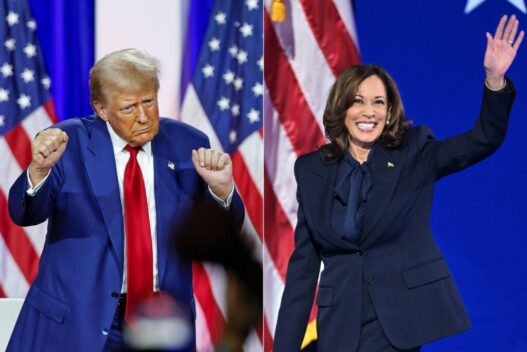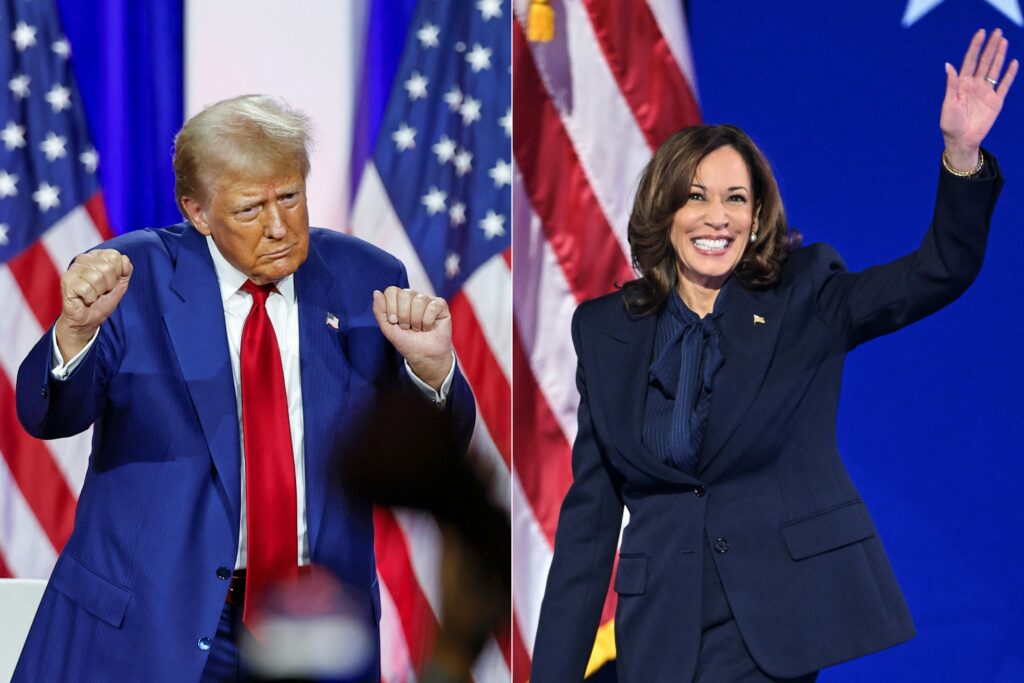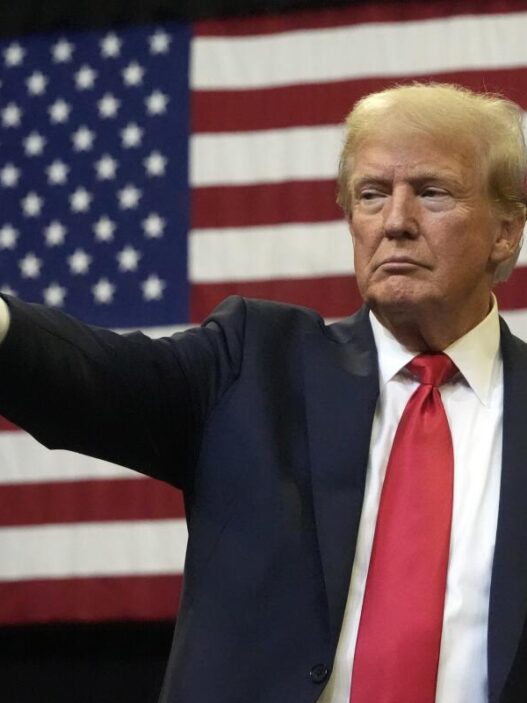What Happened?
Powered by MasterCFA.com
UBS analysts have advised investors to maintain their market positions despite upcoming U.S. presidential election uncertainty. The S&P 500 has shown remarkable strength, reaching 5,854 and marking its 47th all-time high of the year. According to UBS’s analysis, 80% of reporting companies have exceeded earnings estimates, with over 60% surpassing sales expectations.
Why Does This Matter?
Impact on the Economy
- Market stability during political transitions helps maintain economic growth
- Strong corporate earnings indicate robust economic fundamentals
- Federal Reserve’s expected rate cuts could support continued market expansion
- Sustained consumer spending and AI sector growth contribute to economic resilience
Personal and Business Effects
- Investors can make more informed decisions about retirement savings
- Businesses can plan long-term investments with greater confidence
- Job market stability supports household financial planning
- Innovation sectors continue to drive growth opportunities
Theoretical Concepts in Action
Economic Theories at Play
- Efficient Market Hypothesis (EMH)
- Markets already incorporate political uncertainty into prices
- Historical data shows markets perform well regardless of election outcomes
- Behavioral Finance
- Emotional reactions to political events often lead to suboptimal investment decisions
- Market timing based on political events typically underperforms buy-and-hold strategies
Real-World Application
- During the 2016 election, markets initially dropped but quickly recovered and thrived
- 2020 election showed similar patterns despite heightened uncertainty
- Historical data since 1928 confirms positive market performance around elections
What Could Happen Next?
- Potential short-term volatility around election results
- Policy changes might affect specific sectors differently
- Interest rate decisions could influence market direction
- Continued focus on AI and technology sector growth
- International trade relationships may evolve based on election outcome
Why You Should Pay Attention
- Understanding market behavior during political events helps avoid emotional investment decisions
- Historical patterns provide valuable context for long-term investment planning
- Sector-specific impacts offer opportunities for portfolio optimization
- Knowledge of market fundamentals helps distinguish between temporary volatility and lasting trends
Questions to Ponder
- How might different election outcomes affect various market sectors?
- What role does behavioral finance play in market reactions to political events?
- How can investors balance short-term political risks with long-term investment goals?
- What indicators should investors monitor during periods of political uncertainty?
Keep Learning with MasterCFA: Understanding market behavior during political transitions is crucial for investment professionals. This knowledge forms a cornerstone of successful portfolio management and risk assessment. Dive deeper into these topics to enhance your understanding and prepare for the CFA Exam. Explore more insightful articles and resources with MasterCFA to stay ahead in your finance career.















